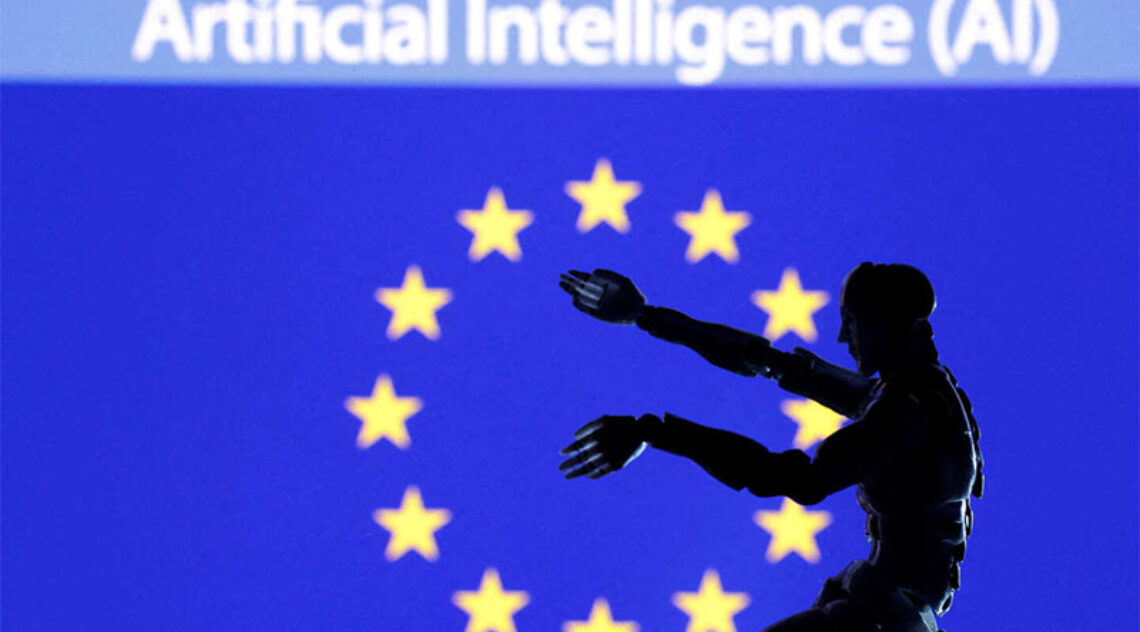
After more than seven months of opposition and suspense, France finally decided on Friday, February 2, to ratify the Artificial Intelligence (AI) Act. The draft European regulation on AI was unanimously approved by the ambassadors of the 27 European Union countries meeting in Brussels. European Commissioner Thierry Breton was keen to finalize the draft legislation, which he presented in 2021, before the European elections in June. He hailed the regulations as “historic, a world first.” “The AI Act has unleashed passions, and rightly so! Today, member states endorsed the political agreement reached in December, recognizing the perfect balance found by the negotiators between innovation and safety,” Breton said.
For the French government and President Emmanuel Macron, the compromise is a short-term setback, but Paris believes it has emerged victorious from this extended drama in the long term. Right up to the last minute, France tried in vain to obtain additional concessions to protect its own AI start-ups, focusing on the regulation of “base models,” which are large-scale software programs capable of creating text or images. These tools are manufactured by several French companies, as well as by giants such as Google and OpenAI, the creator of the ChatGPT chatbot.
The French Economy Ministry and the Elysée have tried to limit the disclosure of these models’ training data summaries to a “trusted third party,” such as the European AI Agency created by the AI Act. Paris would also have liked to see an increase in the computing power threshold above which the most powerful models are considered “systemic” and subject to reinforced risk assessment and mitigation obligations (bias, misinformation, errors, etc.).
Business secrecy
In a letter sent to Prime Minister Gabriel Attal on January 25, 71 French cultural organizations expressed concern that France was “seeking to build a blocking minority group ahead of the February 2 vote.” This would have jeopardized the entire legislation, as renegotiation would have been impossible before the European elections in June. However, for representatives of the film, publishing, media and photography industries, it was essential to maintain the transparency of the underlying models so that copyright holders could check if their content was utilized during the training phase to potentially raise objections or seek compensation. But Germany and Italy, France’s allies until now, finally rallied behind the AI Act in recent days, leaving Paris isolated.